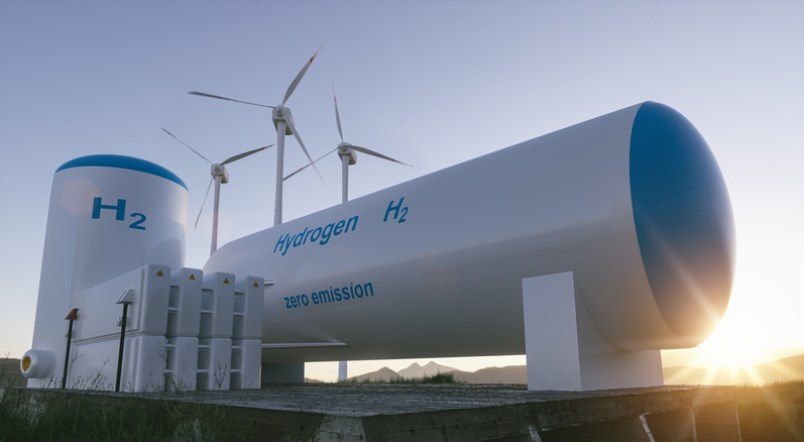Plans are afoot to develop the former Canfor mill in Fort Nelson into a proposed new $1.2-billion hydrogen facility.
In a joint statement released Tuesday, the Fort Nelson First Nation and Hydrogen Naturally Inc. said they are working together to study the feasibility of the project, which could produce up to one million tonnes of hydrogen.
In a statement, Chief Sharleen Gale said her nation sees opportunity to “meaningfully contribute to accelerating the hydrogen economy in B.C. and support the clean energy transition.”
“Our Nation is planning for a diversified economy in the territory, which includes vibrant and sustainable forestry and clean energy sector,” Gale said. “As Fort Nelson First Nation considers economic development options, true ownership is necessary, allowing our Nation to plan opportunities for future generations.”
According to the release, founding partners for Hydrogen Naturally include Peak Renewables and North West Capital Partners.
Peak recently acquired forest tenure in the Fort Nelson area from Canfor, after purchasing the old Canfor sawmill and other assets in the community. Canfor produced oriented strand board and plywood at the sites.
According to the release, the proposed hydrogen plant, billed as the first of its kind, is being “designed to process harvest residuals and residual fibre that are not used for high-value solid wood products, into carbon-negative hydrogen.”
The hydrogen could be supplied to the utilities and heavy transportation sectors, according to the release, and remove more than 20 million tonnes of carbon from the atmosphere over 50 years, equivalent to offsetting yearly emissions from about 85,000 cars each year.
"H2N will provide early reliable hydrogen supplies to decarbonize hard to abate industries such as electricity, natural gas utilities and heavy transportation," said Ian MacGregor, executive chairman for Hydrogen Naturally, in a statement.
The partners say other value-added forestry opportunities, including pellet manufacturing, are also being considered.
The project announcement was made April 26 at the First Nations Major Project Coalition’s ‘Towards Net Zero by 2050 Conference’ in Vancouver.



